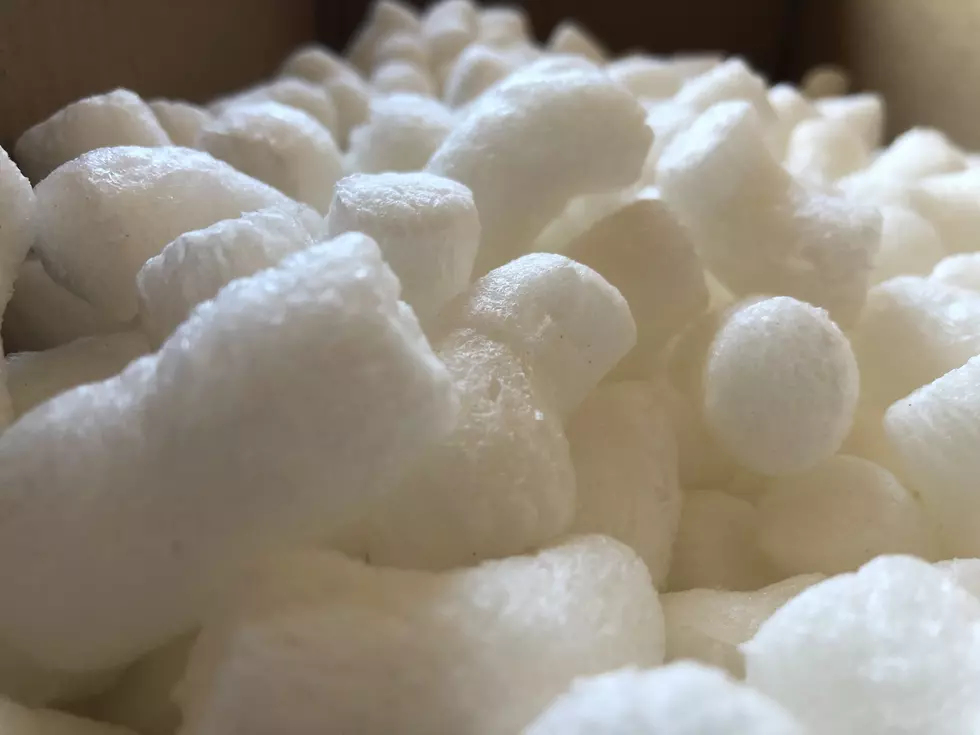
Murphy close to signing new tax — on rain!
Every time it rains, it could be raining pennies from property owners if Gov. Phil Murphy signs legislation that could end up taxing stormwater runoff.
The Assembly last week passed a bill that would allow for the creation of local or regional stormwater utilities. The utilities would have the power to collect fees from properties with large paved surfaces such as parking lots.
The state Senate version of the bill passed in June. Both bills advanced along party lines, with most Democrats in favor. State Sens. Christopher "Kip" Bateman, R-Somerset, a sponsor of the bill, and Sam Thompson, R-Middlesex, were the only Republicans to support it.
Republicans have derisively nicknamed the legislation a "rain tax." That's not to be confused with a possible "water tax" that state Sen. Bob Smith, D-Middlesex, has proposed in order to upgrade the state's aging tap water infrastructure.
Smith, who also championed the stormwater utility bill now on Murphy's desk, last year called runoff from storms "the last frontier in water pollution."
Most states have stormwater utilities that collect and filter runoff from storms. In New Jersey, most of that water gets diverted into streams, rivers and bays — in the process, collecting pollution that contaminates the waterways. The Barnegat Bay, for example, has been damaged by runoff that contains lawn fertilizers.
The New Jersey League of Conservation Voters supports creating these utilities, saying that it would also help reduce flooding caused by storms.
Opponents of the legislation said it amounted to another burden on taxpayers. During his first term, Gov. Chris Christie vetoed a bill that would have allowed the creation of utilities to handle runoff headed to the Barnegat Bay. The utilities would have been allowed to tax developers.
Assemblyman John McKeon, D-Essex, said the bill was 10 years in the making and addresses a threat to New Jersey’s water quality: nonpoint source pollution.
“When it rains and there’s fertilizer, road salt, animal waste, insecticides – all those things get into our water system. And we’re at a crisis stage,” McKeon said.
“It’s amazing, only 5 percent of New Jersey’s water complies with federal clean water standards,” he said. “We have a $16 billion problem.”
“While this bill permits stormwater utilities, it won’t actually solve this massive problem,” said Henry Gajda, public policy associate for the New Jersey League of Conservation Voters. “It does mark a good first common sense step to address this need on a local level.”
But Dennis Hart, executive director of the Chemistry Council of New Jersey, said new fees for wastewater utilities, on top of what the state already charges for permits, would be bad for the state economy.
“Adding a whole new layer of new government agencies with taxing authority, and in this case the ability to tax rainfall, is not going to help solve our fiscal crisis,” Hart said.
Gov. Phil Murphy has until mid-March to sign or veto the legislation.
Assemblyman Christopher DePhillips, R-Bergen, said the law would drive up debt through "unlimited bonding."
“The last thing this state needs is more debt and another runaway tax. Especially one that taxes the weather,” DePhillips said.
Assemblyman Hal Wirths, R-Sussex, a former labor commissioner under Christie, dismissed the legislation as "just another tax, a rain tax on the people of New Jersey."
“I don’t know if a snow tax is coming next year and I’m not being sarcastic,” Wirths said.
The Office of Legislative Services, which provided a financial analysis of the bill before it was brought to a vote, said the potential costs of the legislation are "indeterminate."
The analysis looked at the utility in Bellevue, Washington, which gets 93 percent of its funding through user fees. The utility's average combined bill for water, sewage and runoff services ranged from $163 for single-family homes to $17,767 for commercial properties.
More From 94.3 The Point








